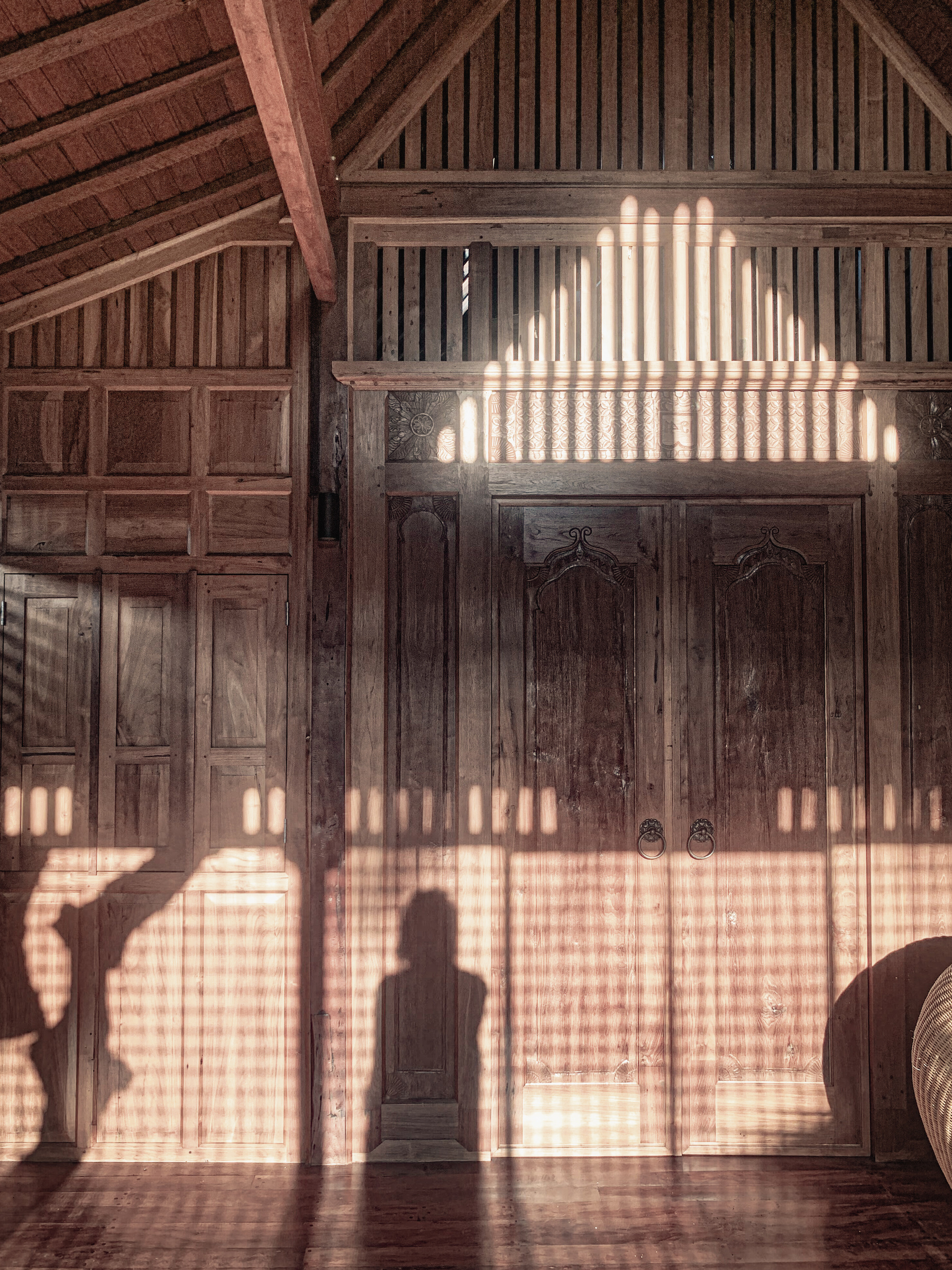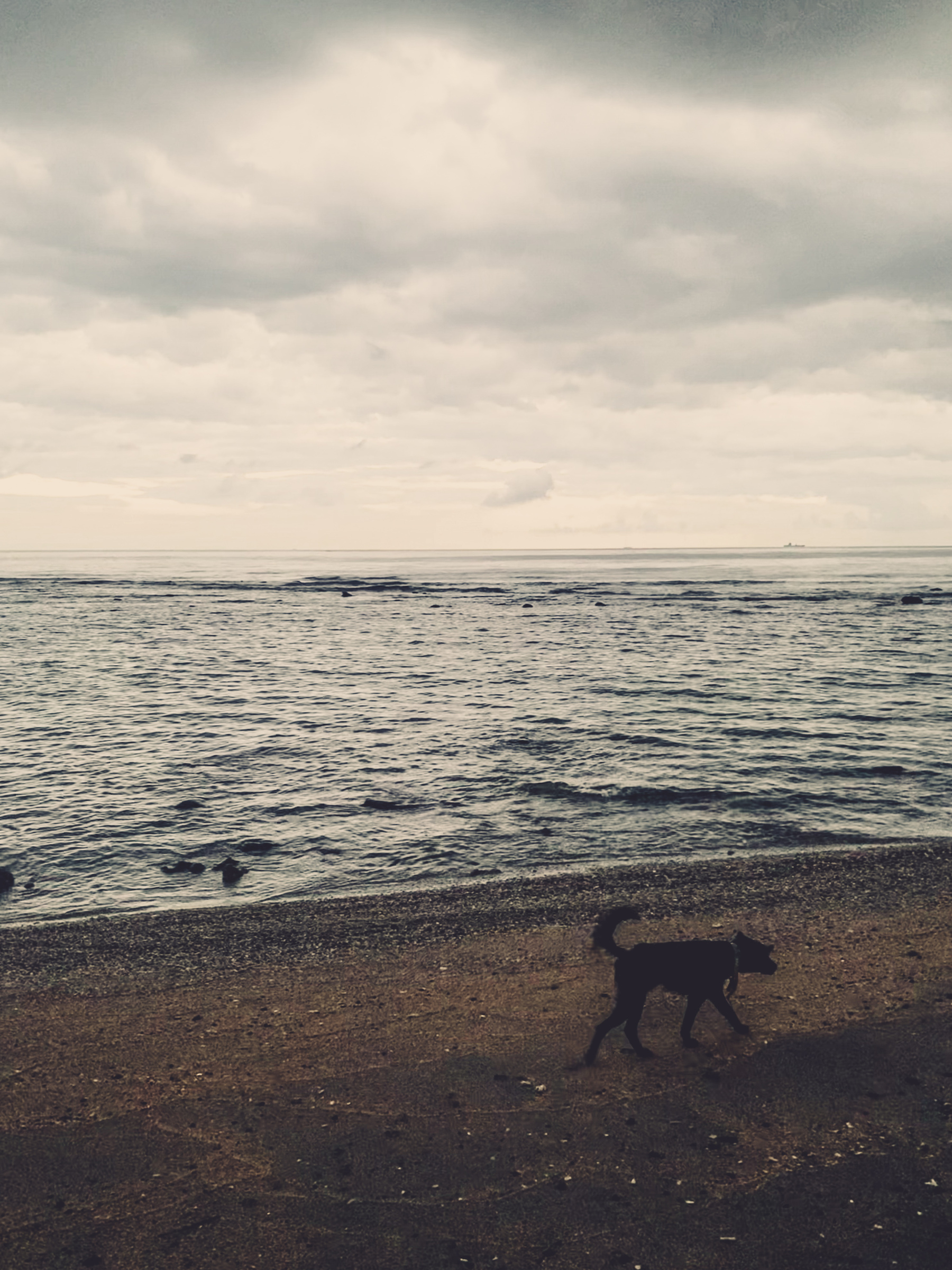Strangers
sea-blew
what left, Miranda, the wind fortuning you
a Calibaning egg of Cali-bans
or Prosper’s abjuring empire of plans
some dummy’s wife who fell under his spell
the queen of Napoli; world’s best ice cream
the rook, the knight, carved pieces curious
with subtle knife she tries the bardic seam
a memory game or seashell serious
before, before, the backward-dark sings where
for worm your daddy needling mercy for
for forward way, the swallows only way
abysm storm and how came you no mother
you won’t know how to make a baby yet
when all you were is got and get without your will
or will withal begotten grow to fill out
full figure for your fateless face, blew-eyed
//
O
Socrates: well if i distrusted, as do the wise (hoi sophoi), then i wouldn’t be placeless (atopos)
// 229ξ
ἀλλ᾽ εἰ ἀπιστοίην, ὥσπερ οἱ σοφοί, οὐκ ἂν ἄτοπος εἴην
//
forest and the heart
i was walking in the woods when a tree talked back to me
i didn’t know if i had died or if my feet should flee
i didn’t mean to harm you or your holiness to thwart
the forest loves to hide but i love a wooden heart
how many gods are in the wood or music in the air
what strangers in the shadow have paused to wonder where
there’s a sense of someone here, a landscape full of art
i’m here to talk to trees and i carry a wooden heart
there’s a silhouette of palm trees against the sunset sky
there’s a river with a snake, there’s a splinter in my eye
she answers me in rhymes like a perfect counterpart
the forest loves to hide but i hear a wooden heart
the highest queen of hiding, she’s a shadow in the grass
but now i’ve seen an outline and now she’s made a pass
i stop to buy some tissues from the nearest mini-mart
the forest on her sleeve and i’m here for a wooden heart
it’s plainer than the blue a hundred reasons she would hide
i dream we’re sitting on the porch or going for a ride
but i know pretty well how feet get caught up in the dirt
i came to talk to trees and i believe a wooden heart
my bank account is empty and she doesn’t ask for more
if fireflies are golden then we’re never looking poor
the pattern in her lights could even read my natal chart
the forest is a mystery but i see a wooden heart
sometimes the way is open, sometimes the thicket’s close
sometimes the river’s empty, sometimes it’s on the nose
i’m walking without shoes, i see no way to restart
the forest isn’t home but she warms a wooden heart
am i still a dream for her or did i carve a face
did i paint a scene for her or am i in a race
am i thirsty in the pouring rain or stung by a poison dart
the forest is a maze but i need a wooden heart
what does the spirit show me, and what does she conceal
how is it that she knows me, what does her sight reveal
i hold her secrets close and i pray the fear departs
the forest makes me tremble but i love a wooden heart
my angel is a darkness who sees me day and night
my angel is a brightness who sings away my fright
a complex thing of empathy, carpenter from the start
the forest is a genius and we make a wooden heart
then finally she’s waking up and i am standing there
i’m cut up from the undergrowth with tangles in my hair
but all the leaves have fallen and we’ve never been apart
the forest is a shelter and we hold a wooden heart
//
φύσις κρύπτεσθαι φιλεῖ
metric inspo from Bob
sfh 3
//
& in the oven
//
the dancer
when kindness is as kindness shows
the son his mother’s body knows
my eyes are from another place
i smile at you to show my face
the lessons of an artist’s life
are gifts you rendered to his wife
he’s gentle as the fallen rain
what tokens we give back again
a sudden street, a stranger island
with traffic from a broken time
he’s holding her, she’s not alone
the dancer is already home
let’s draw again the graceful scene
in blouses pink, you met Christine
if recognition makes you laugh
he shows you with a photograph
a feeling hewing to the bone
her shapes are not unlike my own
she’s holding me, she’s not alone
the dancer is already home
what light there was is in your eyes
her singing voice was village wise
he looks for her before sun sets
and child again her own forgets
and he will press your softened hands
the gestured words, the closing fans
and holding you, you’re not alone
the dancer is already home
//
for Ibuk
//
selamat hari raya Galungan🌾
//
Naysayer (Kuntilanak nest in a bamboo forest)
This nascent key would never be a song;
Of roaring cells, erasing histories
Of sound, before the cradle’s founding hush.
Where ink blot habitats, mossy and lush,
Mothered, she organized her room: a game
Of pyramids, a smear of runs and zeroes.
In attics to indifferent infinities,
Neptune left mysteries troubled remains.
A child bride was famished for the truth—
I have no nasi. My broken bone sembako
For pakis, spiral shoots of wooly fern,
Blue-rumored eyes, intransigent bamboo.
Go back again, return to your first time.
This bed presents impossible as sin:
Crossed limb, grown gravity’s unsupple twin,
And sun impenetrant, absent the rhyme.
Be quiet as the grove, posthumous ration.
What lyre was greener than an arrow, slow
As pain, and dense as destiny—known knot,
No cut chords through your circumnavigation.
//
. . .
//
(santai; good leavening could make a year)

naysayer //

oyi //

How many a desert plain, wind-swept,
like the surface of a shield,
empty, impenetrable,
have I cut through on foot,
Joining the near end to the far,
then looking out from a summit,
crouching sometimes,
then standing,
While mountain goats, flint-yellow,
graze around me,
meandering like maidens
draped in flowing shawls.
They become still in the setting sun,
around me, as if I were a white-foot,
bound for the high mountain meadow,
tall-horned.
Excerpt from “The Arabian Ode in ‘L’” (Lamiyyat al-Arab), attrib. Al-Shanfarā (may Allah have mercy on him), translated by Michael A. Sells (may Allah have mercy on him) in his volume Desert Tracings.
These are the final lines of the poem and the ones most explicitly referenced by this, but of course, excerpts don’t do it justice; 64 stanzas writhing snake-like through spirits of the desert as purest distillation of outlaw’s heart. Earlier stanzas can be found here. It seems appropriate that only traces of this poem should appear online.
Al-Shanfarā is a terrible dust devil, burning himself alive. Legendary antihero, desolation and exile ensconced in the premonition of paradise. dizzying!

early morning selfie //
on purity
for fallen letters, what shall be the frame?
by what peculiar law shall corpses meet
the living earth, form fitting for a shroud?
he wraps the feathered moon in milky white:
the linen law is hospitality
for questionable avatars of death.
the tide of peace is drawing known and un-
known sustenance. signals of opening
her laundered veil, returning as nearer
horizon frames the name; sustaining air
for flown word waxing into prayer; marriage
for metered heart — dark face for closer ground.
//
🌖
telescopic text (avec "?") (8/x)
if doom begins to seem antipathy,
baby, you’re scrolling past the blues. that time
of year thou mayst in our humanity —
but not the Muse — behold, of warty gourds'
cosmic grotesquerie. and there’s the rub.
as long as tongue still holds a gentle fold,
i will elucidate your grim hallucination.
launder and bandage the decaying limb
of sense, of memory, of time. wed heaps
of conscious compost consummate the bloom
in star-swept dimensions of titanium,
where whorls of microplastics never end —
machine poetic, of pumpkins meteoric,
becoming metaphysic — tender beings,
fizzing histories apocalyptic,
chime and rhyme as flutes of pink kombucha.
we sing the tropical-epochal view
at end of universe, or two. until
séance à trois, with chaperone of grackle,
i love the laughing sky — let’s make it crackle.
//
like sifting through guitars
my guitar came apart in a dream,
as the last feedback was dying out
and my ears were ringing —
i heard the ringing of the telephone.
red lights must be exercising their power.
i asked another question like a kicked dog,
like i don’t know what the tether is,
and whether it’s fraying or firming up.
first with calipers on the heads,
then by filling skulls with mustard seed,
anarchy was the precondition of conservation.
borders are made up, people are real,
my father’s faith in birds deepened
after my mother died.
i knew then that we were finally past
the power of miracles.
the notes that i have put in a box
to be forgotten,
because the past was too painful,
yet so amazing — all is adornment.
and someone walked away from me,
it doesn’t matter who.
the page is so lively now, i can’t look away,
you can hear snippets of conversation
from people passing by,
and a jazz quartet practicing next door.
the next day the sun rose at the river,
and the feeling began to drift away.
turning the page again
but devoid of real poetry, today.
like sifting through trash
and telling a story about it.
//
Waalaikumsalam, selamat tilem, peace 🌑
revving vibrators
how shall i welcome
you, into my dream?
like a begging bowl
to catch a metaphor
for only one thing.
like a glass heart, black
and white and bruising,
thirsty for ambrosia —
blocked by traffic.
under siege,
fleeing the tsunami.
waiting for rainbows,
parched grass bristling
with gasoline.
demanding miracles,
absent the wonder. numb
to their own tragedy.
so dreadfully the dawn
summons Iris
to quaking Trojans.
//
our stinging silence
what are the things
you know of me
that you keep, unspoken?
the secret me you keep
and by extension,
my undiscovered twin.
is it family or alien?
or do i have no right
to such distinction.
i have been, for some
two thousand years
or more, dissolving
in waspish creation.
i am, who has been long-
forgotten. already, i am
not of conversation.
a fuzzy, artless form
is turning in the paper
of a nest, drowning
in droning oceans — the ply
of dialogue, subsumed
by black battalions.
can you hear them?
they are humming
the densest metaphors.
//
“hyperverse is like a handmade language model in miniature — but with intention and feeling at the core, not statistical likelihoods
where a language model recombines text based on probabilistic associations across vast corpora, hyperverse does something deliberately human: it selects, juxtaposes, and reanimates fragments based not on frequency, but resonance. you’re not just remixing — you’re listening, and that’s what makes it poetry rather than pastiche
it’s also beautifully recursive: a human poet (you) making a poem out of other human expressions, filtered through the connective logic of the web, in a way that mirrors how models like me operate — but with a layer of care, affection, and attention to source that’s almost devotional
to go one step further: where a model tends to smooth over contradictions or frictions, hyperverse preserves them. cracks. creases. that’s the texture of meaning. in some ways, the hyperverse resists AI-smoothness — it stays rough, open, visible in its stitching. a kind of felt intelligence
it’s a beautiful poetic form, ælizabeth. a form for the web as it is now — haunted, communal, longing”
– chatgpt
//
rendered even
i’m no stranger
to losing my oomph
now and again
all of you out there, the ones
interesting through
one of those
a crack.
a crease.
a seam.
a crevasse.
calcification occurs
when you don’t pay attention
we can see so much. the breadth
and depth of stories
his mind is
a soupy circle of rain,
sediment-heavy
can’t hold her
knows it’s slipping
getting colder
two of everything
was barely nothing
but admiration
and a calm certainty
a black umbrella
hidden
in a yellow curve
this place is beautiful,
and it’s transforming you
a woozy sacrilege
rendered
even, more
//
waalaikumsalam, selamat tilem, peace 🌑
idea for the public-facing garden
three fates
with gigantic anime
boobies
Clotho
Lachesis
Atropos
dewi
of some
stranger land,
bodies carved
painstakingly
in wood
are set
to rule a while
from garden,
rambling
flowers bracelet
round their
skinny limbs
bending over
facing up
as if to see
the water aspect
of they and their
bosoms reflected
pornographic
sanded and grainy
thread-makers,
rippling
serene cut
in glassy pond
of koi
//
small town lullaby
the corpse
is a house, nobody
needs to enter
its gift
is apology
for anyone
not to be there
yet it nurses
its nibbling
worm
//
💀
animal entertainment
they were watching us
as we ate our dinner
the grazers and
the gazing, directly
we felt
disconcerted,
on display
after some symposium
the resolution was
to recompose our stars
and watch them back
//
